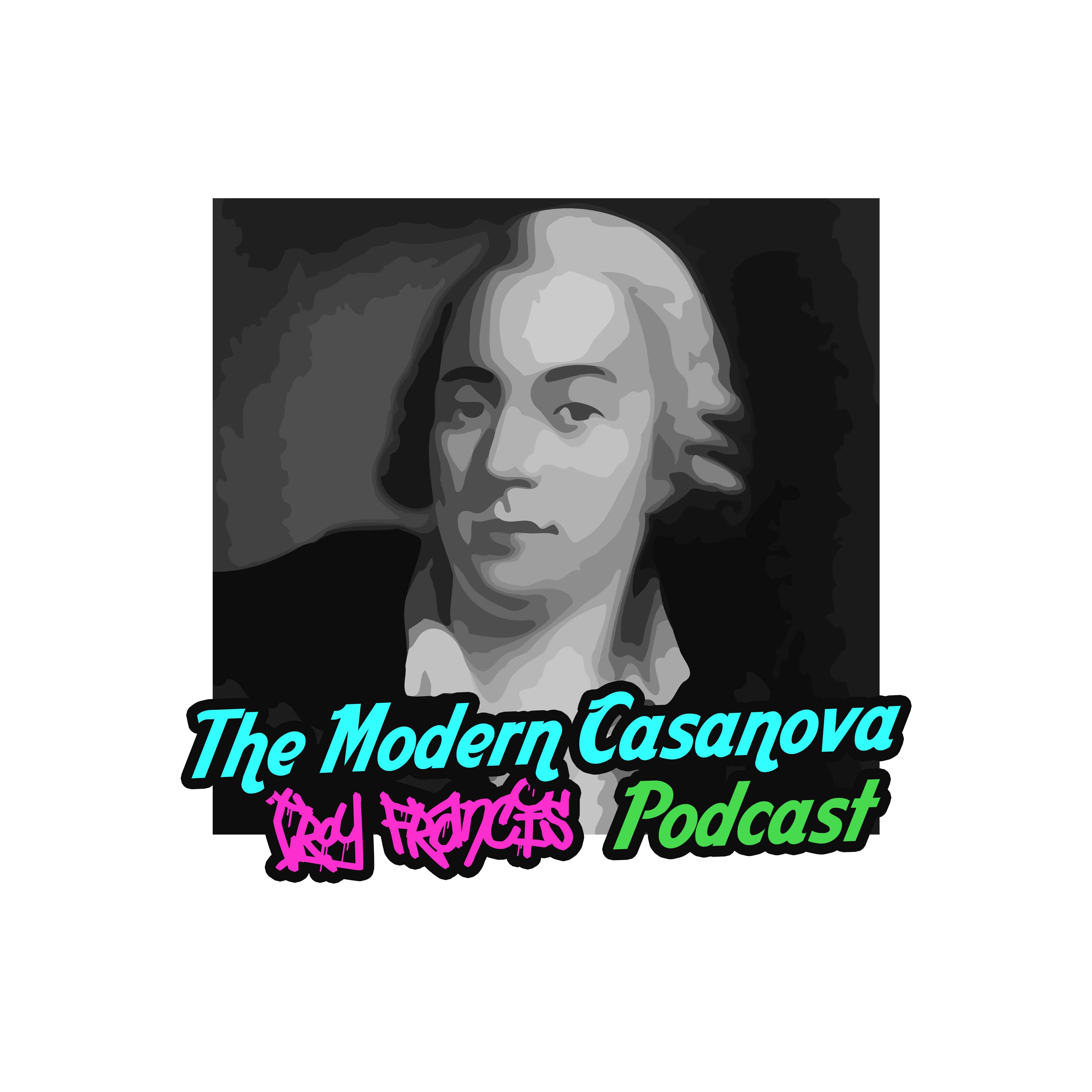Let’s face it, most self-development advice is a pile of garbage. But why is that? And what can you do if you want find good mentors who know what the hell they’re talking about?
On Wednesday the dancer, fitness instructor and writer Alexander J.A. Cortes sent out a GREAT email to his subscriber list, which I am fortunate enough to be on.
(If you don’t know Alexander then you should definitely check him out on Twitter where he tweets as @AJA_Cortes.)
Anyway, this email was about the 29 things Alexander had discovered during his 29 years on the planet. There was some gold in there for sure. But one thing that struck me in particular was something he wrote near the top:
“I did not want this to be a typical life lessons article of “I learned discipline is important and not caring what people think feels good!“
That’s been done before, and you regular readers know that I hate what I consider “self-evident” teachings that should not need to be said. If you are relying on me to tell you that working hard is crucial for success, you’ve got ISSUES to sort out.”
Of course, he’s 100% right. The problem with the self-development space is that, for one, it is entirely unregulated, and so anyone can set up shop and promote themselves as a guru.
All you need, after all, is a laptop and a Wifi connection.
But a low barrier to entry is not in itself a problem. Actually the reverse is true. I personally have gained such an extraordinary amount of value from people whose content I’ve come across online. Many of them likely wouldn’t have had a platform before the internet. And for that I am truly grateful.
But what does no one any favours is people jumping on the bandwagon and giving generic ‘advice’ that is clearly just a carbon copy of things they’ve read elsewhere.
Classic examples of this are:
– You’ve got to work hard (as Alexander mentions above)
– Lift weights
– Read more books
– Get up early
– Have a morning ritual
– Meditate
. . . and so on. You get the idea. Not that there’s anything wrong with any of thse suggestions. They are all essential and you should absolutely be doing all of them. It’s just that . . . well, we’ve heard them all before. Many, many times. And if the person proposing them doesn’t even put his own spin on it then there’s really very little value in churning them out once again. They are, in Alexander’s words, ‘self-evident teachings’
Which leads me to think about what I personally find valuable in self-development advice. It all comes down to one word: authenticity.
Basically, if someone is authentic—that is, if they’ve been through the ringer and you can taste the blood, sweat and tears in every fucking word they write—then I can normally identify with them on a baseline, human level.
And identification is important. Actually it’s huge. The vast, vast power of writing (and also video and podcasts, but let’s keep this about writing for now) is that it enables you, in an almost uncanny way, to experience what another person is thinking, and what they are feeling in their body.
And when you identify with someone—when that ‘fuck yes, me too!’ feeling goes off like an electrical charge in your skull—then you suddenly feel connected. As David Foster Wallace once said, we read principally to feel a little less alone (or words to that effect anyway).
The difficulty I have with many of the self-development ‘gurus’ I encounter on Twitter and elsewhere is that I simply don’t really believe them. I don’t get where they’re coming from, or buy into their studied ‘I’m a don and I’m going to teach you how to be one too’ pose.
If you hit me with something that has a unique voice, that feels halfway fucking genuine, then sure, I’ll buy it. But if you’re giving me reheated ‘bro’ tips that have been circulating since 2009 then I’m likely to be sceptical.
So how do I know who to trust? Simply, I can hear it in the prose. I can feel it in the writing. Guys like Alexander, Ed Latimore, Christian McQueen, Goldmund, James Altucher, Delicious Tacos, Ernst Graf . . . I dunno, the list goes on. I don’t need to see credentials from these guys. I don’t need to watch infield videos of them doing their thing, or read testimonials from their satisfied customers. Their words alone are enough. They are the real deal.
Now, suppose one day I found out that someone I looked up to was a faker (that has never happened to me before, but it could do of course). How would I feel then? I’d be disappointed, for sure. I would probably think a little less of that person for misrepresenting themselves. But would I be devastated? No. Because they would already have have taught me so much that I would still have derived huge value from their work.
After all, they say ‘those who can, do—those who can’t, teach’. But if someone is a really effective teacher then does their ability to ‘do’ really matter all that much?
I am not saying that you shouldn’t do due diligence when get into someone’s work. Of course you should Google them, find out what other people think of them and so on. But in the end the ultimate test—and really the only test that you can apply—is on the quality of their work. If their work connects with you like a friendly hand reaching out in the darkness, if you feel something real in their words, if they are showing you a world that seems authentic and believable, then it most probably is.
I’ve said elsewhere that we all need to become confident in our ability to assess sources. With so much information thrown at us all the time it’s essential we develop a quality filter, so we can distinguish the fake news from the real. And actually, I reckon your ability is probably pretty good. Mine too. Sure, we might get duped one day. But by and large we know who we’re dealing with and we can tell if they’re for real or not.
That is a valuable skill. So trust your instinct. It’s probably right. Most importantly, think hard about the stories people tell you when they back up their claims, or when they explain how they formulated a specific piece of advice. Does it ring true? Does it sound like something that could actually have happened? Or does it sound like crap? You’ll be able to tell, probably. After all, real recognises real.
By the way, if you want some real talk from me then pick up a copy of my book Still In The Game. It tells you everything you need to know about dating for guys who are in their 40s, or approaching them.
If you enjoy writing like this and would like exclusive DAILY content from me via the most thought-provoking and motivating email list around then click here now.







